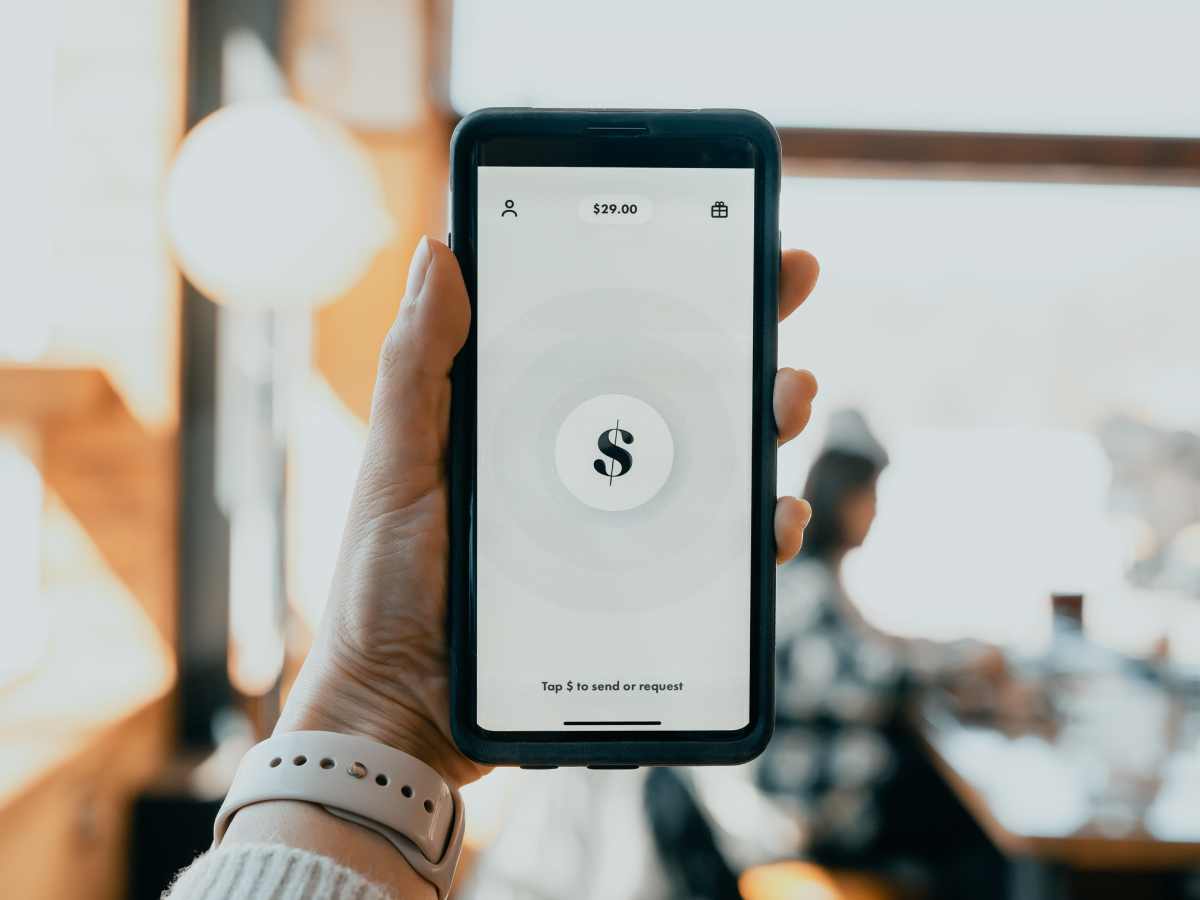It is no longer a secret that many digital events now take place on mobile devices. Smartphones are changing the e-commerce world, and not just since Corona. The keyword: mobile commerce, or m-commerce for short. In this article, you will find out how to use your smartphone as a trustworthy shopping companion for you and your company.
Table of Contents
Mobile Commerce – More Than A Stripped-Down Desktop
Is the same content in green? Rather not. What works on the desktop does not automatically make the user happy because mobile commerce does not mean optimizing applications for mobile use afterward. Instead, it is a question of aligning them with mobility right from conception. So mobile first.
To reach users on the go, you must understand which use cases mobile devices also allow you to serve them specifically as a shop operator. These include, for example, receiving push messages, taking photos or scanning QR codes, and using them as a second screen, for example, parallel to the television program.
With a well-thought-out Mobile First approach, new sales channels can be opened up here in a targeted manner, not least because the “Support Your Local Dealer” mentality has reached many people since the pandemic. For online retailers and shop operators, there is an excellent opportunity in the mobile sector, which often harbors enormous potential.
Attention Shop Operators
A look at the numbers shows that mobile commerce is booming. Mobile sales are constantly increasing, and the number of users of laptops and desktop PCs has been declining for years. Smartphones are on the way to becoming the number one internet device. But how do you address the relevant target group via smartphone and get them to make the desired purchase with little friction loss? What opportunities does this open up for shop operators in mobile commerce?
Social Commerce, Mobile Payment and Shopping Apps
To win over users in the relevant phases of smartphone and tablet use, there are several screws that shop operators can tweak both in terms of content and technology. The goal is always to integrate your shop as unobtrusively as possible into the everyday world of the target group so that potential customers are happy to interact with the corresponding products and applications. So it’s about offering users real added value and not taking the wind out of their sails with poor usability and cumbersome content.
Social Commerce
The expansion of e-commerce via social media describes the brand-strategic use of social networks. It offers the possibility of using the latter to directly sell products (e.g., via tagged products or by integrating buy buttons). The aim here is to use existing networks consistently and thus enable the community to have a consistent shopping experience, regardless of which touchpoint it is at. Because one thing is clear: social commerce does not stand for itself. Instead, it is a facet of the mobile marketing mix that can contribute to a coherent overall picture.
Mobile Payments
Mobile payment via smartphone is still in its infancy in this country, but there are already various providers of payment apps. Many new smartphones already have the necessary technology, and retailers are also increasingly converting. However, the uncertainty about “mobile payment” is still high among many users. Shortly, the focus will be primarily on data protection-compliant authentication and reducing time-consuming data entry.
Shopping Apps
The technical possibilities are making it increasingly easier for retailers to reach customers directly on their smartphones. For short, progressive web apps, PWAs are finding their way into increasingly more online shops and bringing all the advantages of websites and apps in a compact package. Shopping apps can often be wonderfully personalized and help shop operators to establish a direct line to their customers. But uncomplicated shopping experiences can also be realized in this way.
Practical Tips For Shop Operators
Transparency
Ensure transparency, especially with purchase-critical information such as availability, delivery time and additional costs.
(Additional) content
Convince with realistic product images and descriptions, instructions for finding the correct sizes or with 3D views optimized for mobile use.
Usability
Pay attention to intuitive operation and clear navigation elements. Also, optimize the loading times and monitor use cases and content design.
Registration
Make sure there are no lengthy registration processes to complete before purchasing. Offer a purchase without registration or via a guest account. Social log-in or one-click check-out are also possible.
Intelligent Search Function
Upgrade your search functionality. For example, avoid zero-hit pages with a search function with error tolerance or push marketing functions in a targeted manner using your search function.
Shipping And Returns
Communicate return policies and shipping information clearly to build trust and a sense of security.
Payment & Delivery
Advertise different delivery and payment methods and thus ensure flexibility on the part of the user.
Customer Service
Convince a digital customer service that can, for example, accept incoming customer inquiries via live chat.
Mobile-Only
Monitor your competition and optimally prepare relevant content for mobile devices. Tip: create special applications (mobile only).
Conclusion
The e-commerce structure is changing. To skillfully use the potential of the smartphone and enable seamless shopping experiences, one thing is critical: breaking up familiar structures and thought patterns. Mobile commerce requires rethinking. Mobile commerce requires thinking ahead. At the same time, however, it also offers enormous potential and promotes sustainable mobile marketing in e-commerce. Ultimately, however, each retailer must decide which measures make sense for their company.
Also Read: Social Media – The New Possibilities of Communication

